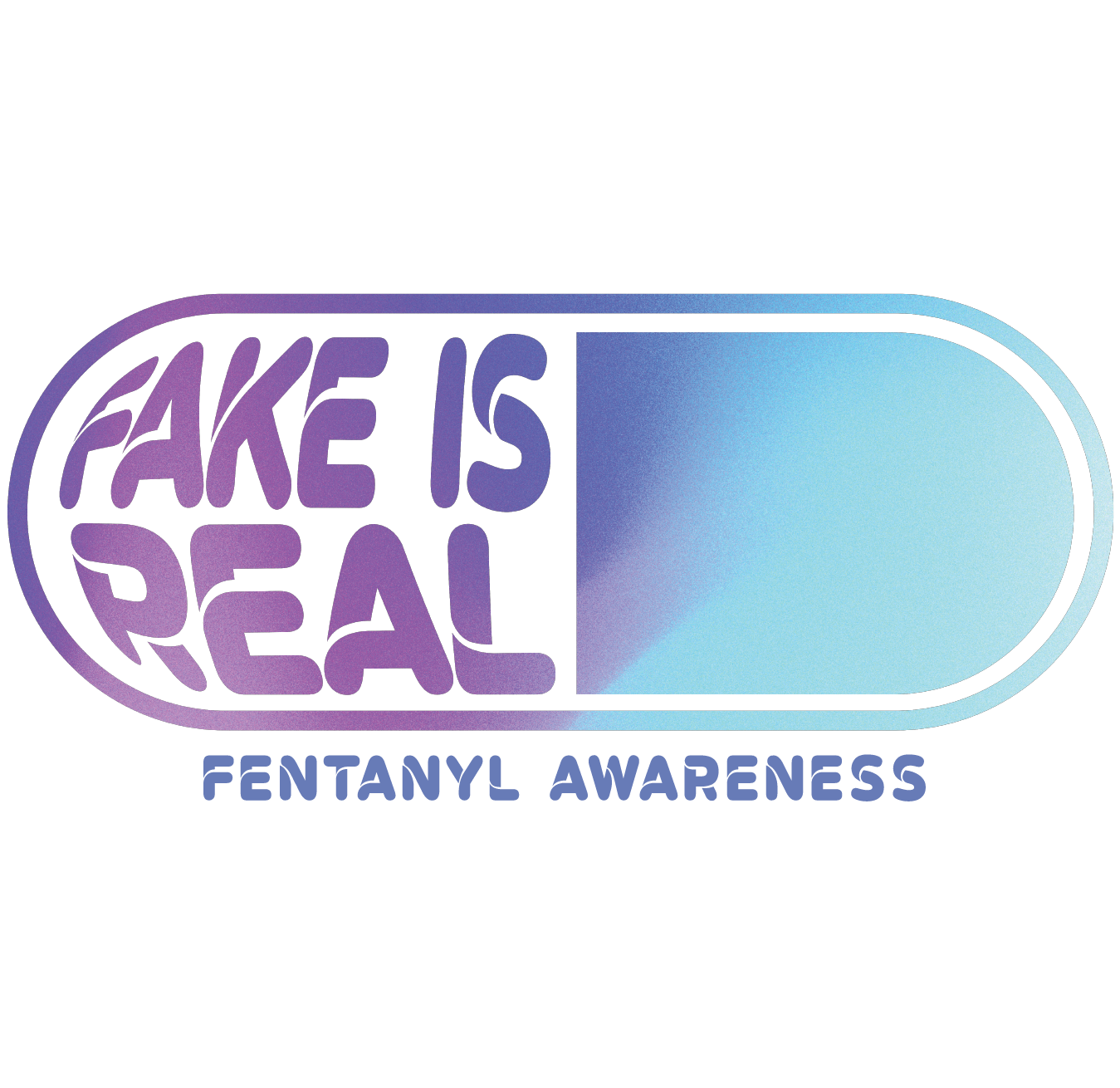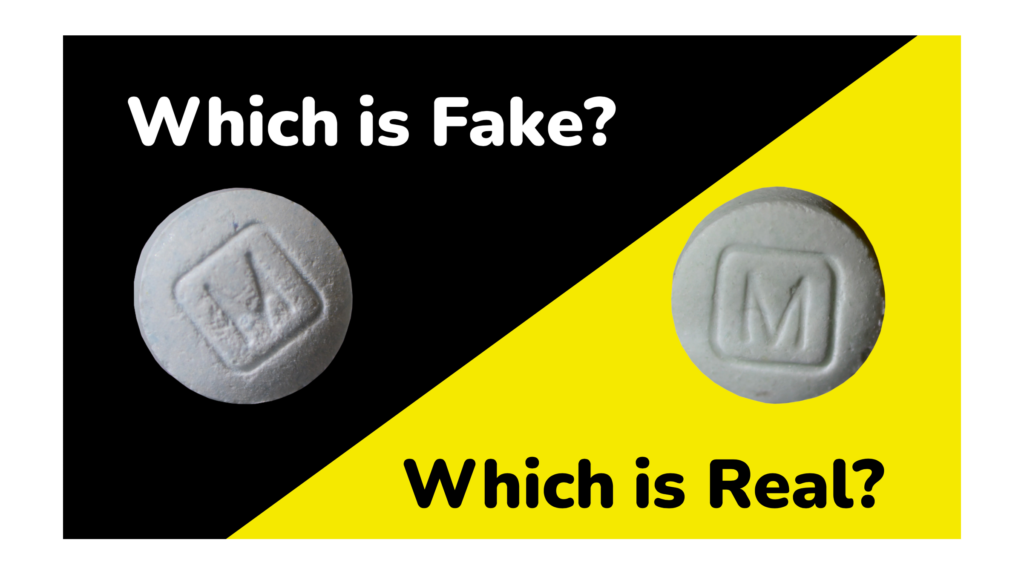Resources For Parents
Fentanyl poisoning is real and happening far too often to pre-teens and teens in our area. It is important that we are educating and spreading awareness to our youth. As a parent, it is crucial to have these realistic discussions. We are providing tips, resources and more to get the conversations started.
The Importance of Communication
No parent is expected to know everything about drugs and how their use can affect the lives of our children. That’s okay. Even if you feel you don’t have all the answers, just start the conversations from where you are. Get informed, keep it casual and make your expectations clear.
If you suspect your child has started using, it’s important for parents to understand why their child might have turned to alcohol, cannabis, or other drugs in the first place – kids will try substances for a number of different reasons, including as a way to cope with the stress and anxiety they may be feeling.
We are providing you with conversation facts for parents to help guide the discussion, including fake vs real pill images to spot the difference and real-life scenarios your child could find themselves in.
Get the Facts!
Understanding the dangers of fentanyl is crucial in the fight against the opioid crisis. This comprehensive CDC fact sheet provides essential information about fentanyl. Download now to learn how you can protect yourself, your children, and your community from this lethal substance.
Xylazine is being found in the fentanyl supply in the Lehigh Valley. Pronounced ‘zy-la-zeen’ and known on the street as “tranq dope,” the mix of fentanyl and an animal sedative is deepening addiction, baffling law enforcement and causing wounds so severe that some result in amputation.
Steps to Start the Conversation
01.
Pick a neutral time with no distractions.
02.
Be open and calm.
03.
Be prepared and focus on the conversation.
04.
Give scientific facts and explain the reality and risks.
05.
Educate on naloxone, including how to use it and where to get it.
06.
Express your love and care.
Decoding Drug Emojis
In today’s digital world, it’s easier than ever for young people to access drugs through social media and messaging apps. Many teens and young adults use emojis and coded language to discuss illegal substances, including dangerous drugs often laced with fentanyl. This hidden “code” makes it hard for parents to recognize potential risks their children might be facing. To help you stay informed and protect your loved ones, we’re providing you a guide to decode these symbols and understand the subtle ways teens may be communicating about drugs online. Together, we can take steps to ensure a safer future for our kids.
ORDER NARCAN NOW
Tips For Parents
Take time to learn the facts
Before talking to your child, educate yourself on fake prescription pills and fentanyl poisoning. Then have ongoing conversations with your child, (that are appropriate to their age) about the risks to their physical and mental health.
Talk with your pre-teen or teen.
While shopping or riding in the car, casually ask them how things are going at school, about their friends, what their plans are for the weekend, etc. Occasionally check-in to see how they are doing, emotionally and mentally, and help them feel safe by actively listening to what they are saying.
Remind your child that you will always support them, No Matter What.
Don’t always focus on the negative outcomes
Try and encourage more healthy behaviours, and talk about the positive possibilities of having a variety of choices and opportunities when they’re older.
Encourage their participation in doing the things they love
Engage your teen in creative after-school activities. Encourage their participation in supervised educational programs or a sports league.
Get to know your teen’s friends and their parents
Invite them over for dinner or talk with them at your teen’s soccer practice, dance rehearsal, or other activities. Stay in touch with the trusted adults your child knows (camp counselors, coaches, employers, teachers). That will make it easier to ask and have them inform you if they’ve noticed any changes in your teen’s behaviour.
You're Not Alone
Addressing these issues with your children can be very overwhelming and taxing on you as parent. Just know that you are not alone. There are many resources to help.


